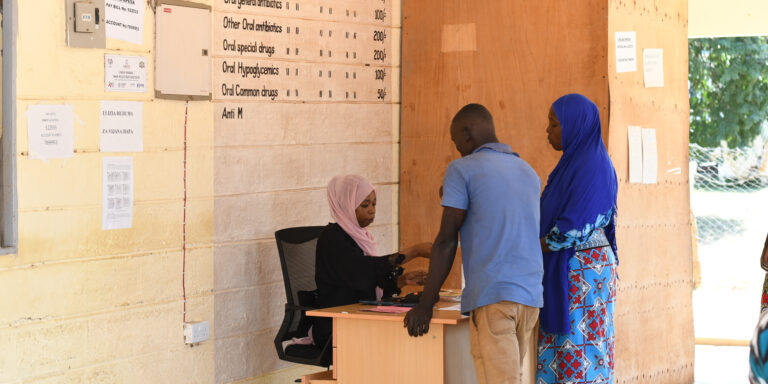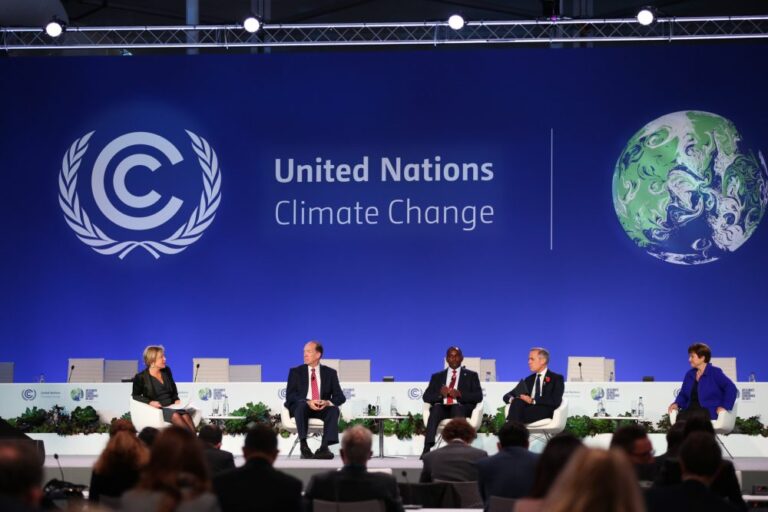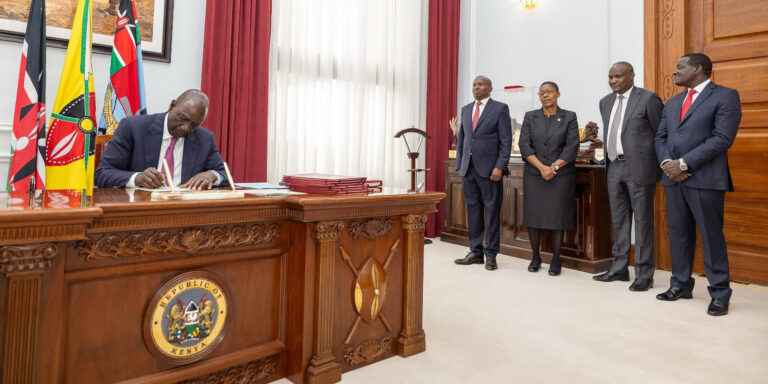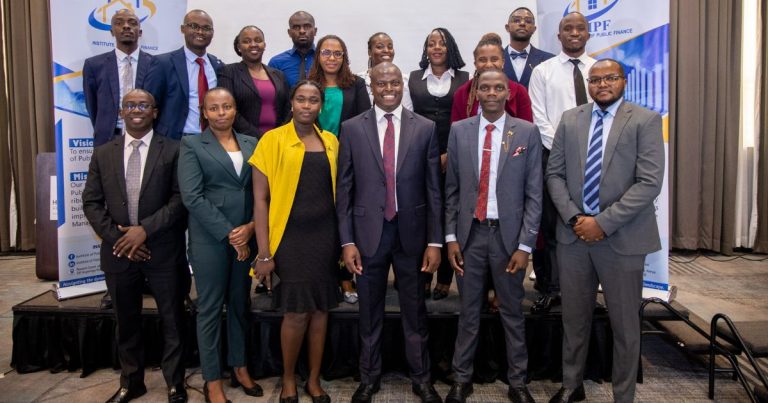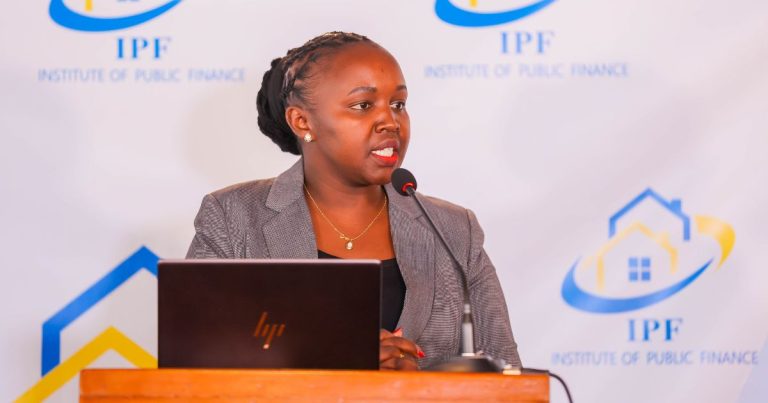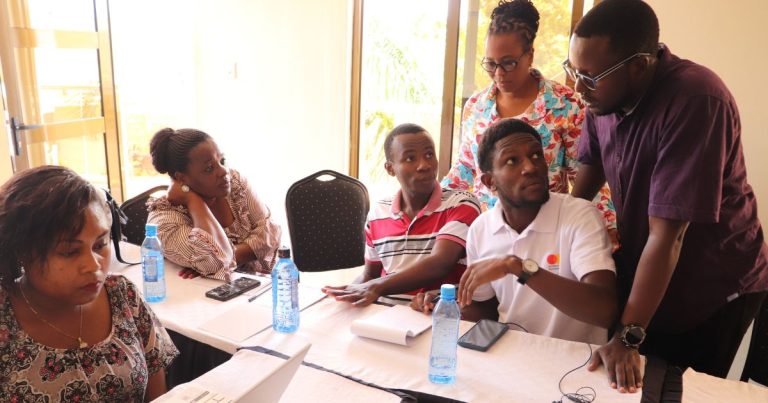Transparency and accountability by governments in spending helps to check corruption, promote fiscal responsibility and allows for greater and more meaningful participation by citizens. Generally, we are concerned about transparency on government spending because we know that transparency helps us in understanding how governments collect, determine spending, spend and report on our taxes. Budget transparency also encourages fiscal responsibility. It is evident that budget transparency reduces potential fraud and corruption by opening government operations to its citizens.
According to the Africa Economic Outlook report 2016 by the Africa Development Bank and partners, East Africa was the continent’s fastest-growing region and is expected to continue its high growth path in 2016/17. This growth translates to ordinary taxes and Foreign Direct Investments (FDIs) increasing over the same period. While the FDIs can be expected to accelerate in Africa due to economic fundamentals, the lack of transparency may eventually drag down them. In the paper the Impact of Transparency on Foreign Direct Investment by Zdenek Drabek and Warren Payne, the authors note that on average a country could expect 40 percent increase in FDI from a one point increase in their transparency ranking. This means that for the East Africa region decrease in budget transparency could lead to reduced investments which in turn could lead to reduced investments in critical sectors of the economy.
The International Budget Partnership’s (IBP) bi-annual tracker of budget documents availability was recently released in March. This allows us to assess how the countries of East Africa compare to others around the world. One key finding is that Kenya did not make publicly available the in-year reports in December 2016, while these reports were available in 2015.
In-year reports provide a view of the budget’s implementation during the budget year. These reports require the government to develop the systems and staff expertise necessary to track aggregate budget spending and revenue trends. Uganda continues to perform better in budget documents availability to the public with the only document unavailable online being the citizens budget. The citizens budget is defined as a nontechnical version of the budget estimates designed to reach and be understood by the widest possible section of the population. In 2015, the citizens budget was not produced while in 2016 this document is unavailable online.
In Tanzania, based on the December 2016 budget tracker, the country further retrogressed. From six documents available online in 2015, only three were made publicly available or available online by December 2016. This is a fifty percent decrease in how much budget information was available to the public.
In Rwanda, the 2015 budget documents tracker indicated that the eight key budget documents were publicly available, while the December 2016 tracker indicated that only five were publicly available. Finally, Burundi was not assessed for budget documents availability in 2015, but in 2016 only two of eight key budget documents were publicly available online in a timeframe consistent with international standards.
Institutions that continue to provide budgetary support to governments like World Bank, International Monetary Fund (IMF), USAID, DFID among others should step up their game in demanding for more action on budget transparency. There is no reason provided by these countries on why budgetary information cannot be made publicly available and on time for use by citizens and interested parties.
While to achieve the Sustainable Development Goals (SDGs) requires that governments commit adequate resources towards their realization, it is imperative that at the same time commitment be made to make information on public expenditure around the same goals available. Lack of budget information to monitor the available finances will hinder the ability to determine whether we are headed in the right direction as far as SDGs targets are concerned and make it difficult to hold governments accountable.



